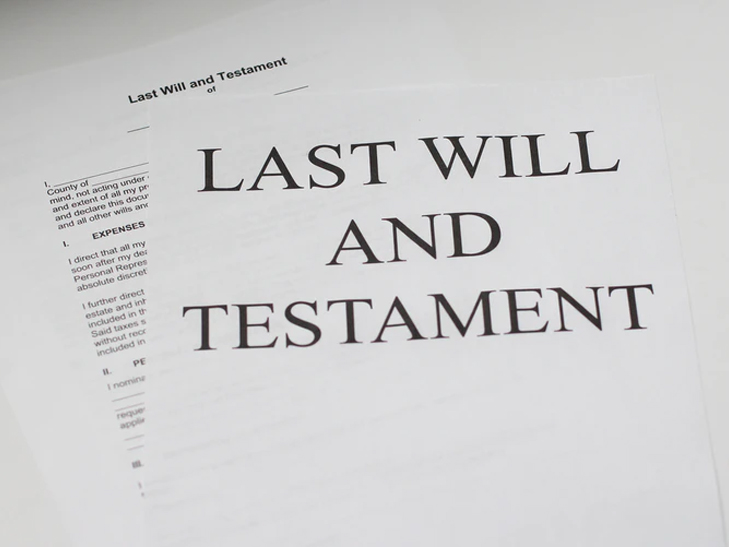Written by Karen-Anne Cornell
Making a Power of Attorney is critical regardless of your age or circumstances. It gives you peace of mind that should you ever lose capacity to make major decisions for yourself about your health or finances, someone you know and trust can lawfully make them for you. If left to chance, your family may have to apply to a State or Territory Tribunal to be granted the power to make decisions and protect your assets on your behalf – a process which can take weeks, or even months.
By making a Power of Attorney, you are taking control of the unforeseen by stipulating who can make decisions for you, when they can be made and what kind of decisions another can make if you are ever unable to make those decisions for yourself. A Power of Attorney protects you, your family and finances. It is therefore crucial that it is legally valid.
While each State and Territory has its own legislation a Power of Attorney, and whilst there are other factors to take into account when considering whether a Power of Attorney should be upheld or revoked, the real power behind its validity is your mental capacity at the time that the document is made.
Capacity has been described in the case of Gibbons v Wright as: The mental capacity required by the law in respect of any instrument is relative to the particular transaction which is being effected by means of the instrument, and may be described as the capacity to understand the nature of that transaction when it is explained.
If you lose capacity before you have made a Power of Attorney, it is too late to make one, so making one beforehand is vital. Common examples of loss of capacity are:
- Being in a coma
- Going through an operation or procedure in hospital
- Suffering from dementia or experiencing another form of mental illness, which renders a person unable to make decisions.
Any doubt about a person’s capacity to make a Power of Attorney can result in the document (and therefore the power) being revoked.
Application to have a Power of Attorney revoked can be made by any interested party. Any person may do so if they suspect that you had no capacity when making the document. These types of applications typically arise where there is a family dispute about your nominated Attorney and their actions. They can also arise where a concerned person thinks that the Attorney might have been nominated by having taken advantage of you if you were incapacitated and vulnerable when you agreed to make the nomination.
Should your Power of Attorney ever be challenged, solicitors and doctors are the types of professionals who can be called upon to give evidence as to your ability to understand the nature and effect of the document when it was made. An experienced lawyer will always make detailed notes about your capacity at the time of making a POA, so that you can call upon them if needed. A small amount of time now with our skilled team can not only help you understand the type of Power of Attorney you need, but to create a document which will ensure your wishes are achieved should you ever need to rely upon it.
For more information regarding your Powers of Attorney, an attorney’s duties, making an Enduring Power of Attorney, a will or obtaining advice if you suspect someone you know has been unduly influenced, please contact our experienced team at the Summit Law Group Australia on TEL NO to arrange an appointment.








